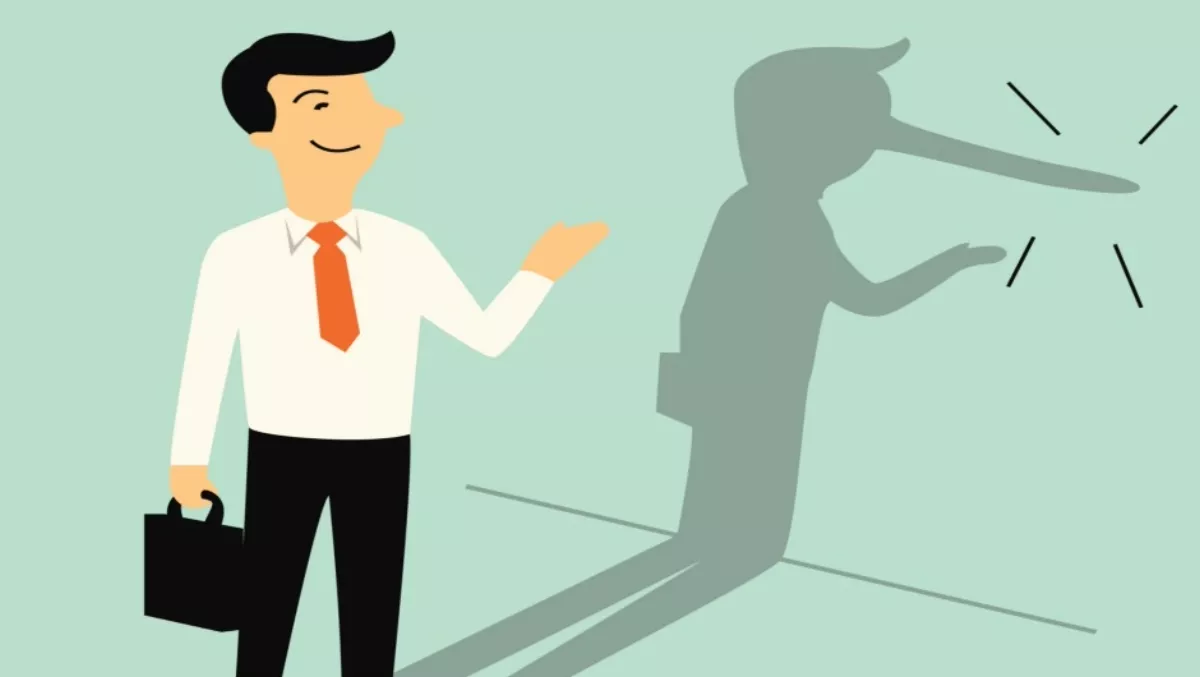I've had some discussions about the future of organisations in a digital world, and then reflected on key success points: Uber, Google/YouTube and others. One of the lessons learned, as voiced by a colleague, was "work in the gray areas of regulations".
Grey Areas? GREY AREAS??? How about break the rules blatantly, but provide plausible deniability until it's too late to do anything about it…
In America, had GREEN cab take market share from YELLOW cab the way Uber and Lyft have done, you can bet that the regulatory agencies would have been all over it. What about Google and YouTube – the blatant copying and downloading of copyrighted and protected works is now widely accepted – to a level that even Napster had not foreseen. The difference between Napster and YouTube? Plausible deniability. Report the violation to us – we'll take it down (putting the onus of discovery on the party whose rights have been violated).
The usual "deniability" claims are centred around "but we're just the platform," or "it is a private peer to peer transactions". That doesn't hold water. Like the government is "just a platform" to enable citizens to deliver public services. Yeah right.
I am, of course, exaggerating the arguments around these issues. But there is something to be said that in many cases the ability for regulatory and legal frameworks to deal with "The Economics of Connections", and the scope of Internet-enabled solutions, has far outstripped enforcement. And that "address the grey areas for success," is really "find where you can break the rules, yet get away with it until it's too late to fix the rules – or you have the economic power to fix the rules in your favor". If you master that, you are an entrepreneur – in a long line of similar (but not all) entrepreneurs.


